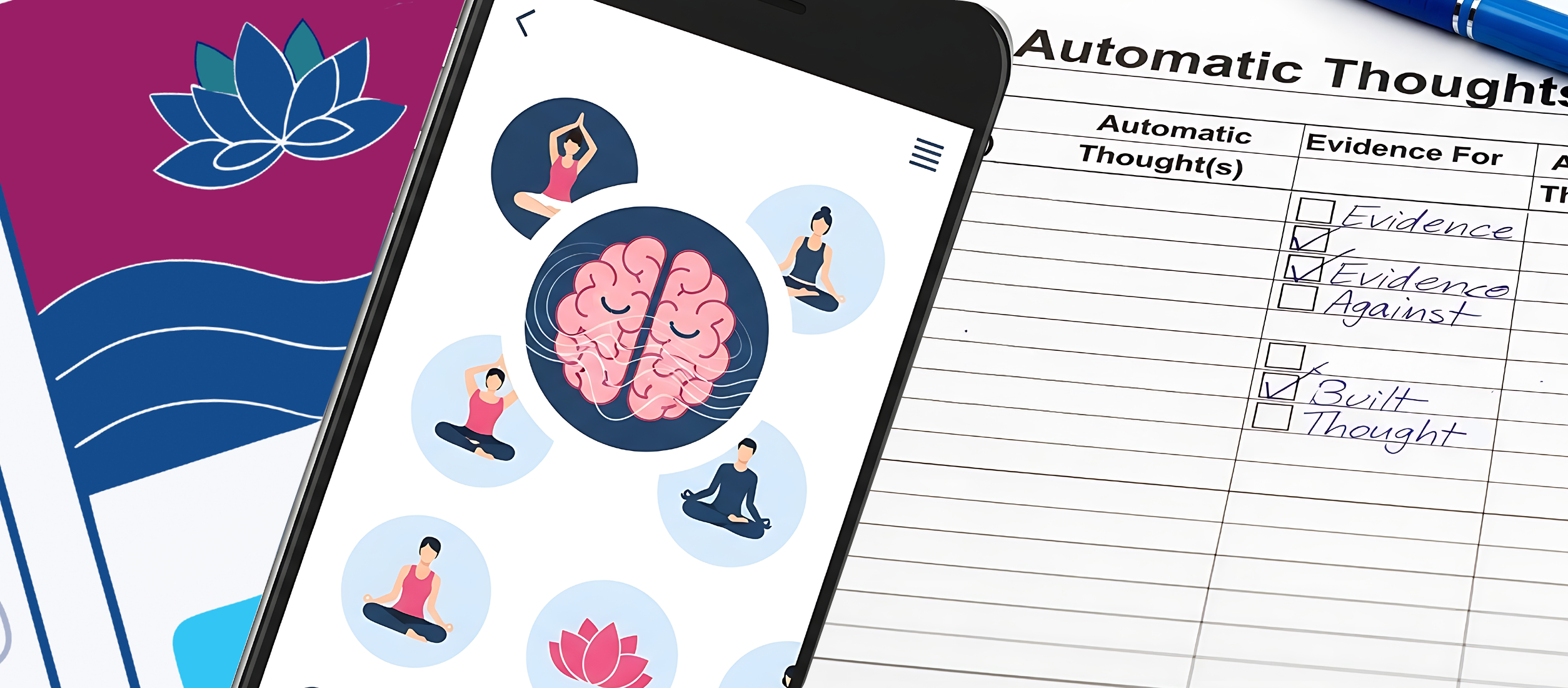How Should I, as a Forensic Psychologist, Structure Custody Evaluation Reports to Maximize Clarity, Credibility, and Judicial Impact?
The child custody evaluation report is the culmination of a forensic psychologist’s interviews, research, and expert judgment into complex family
How Should Forensic Psychologists Assess Parental Alienation Claims in Child Custody Evaluations?
Forensic psychologists play a critical and complex role when assessing claims of parental alienation, in which one parent creates irrationally strong
The CONCEPT VRA eBook: Evidence-Based Evaluations: Which Violence Risk Assessment Tools Should Forensic Psychologists Use?
A substantial body of empirical research has established the value of structured assessment instruments in strengthening clinical judgment, leading
What Best Practices Should I Follow as a Forensic Psychologist When Conducting Parenting Capacity Assessments (PCAs) in Custody Evaluations?
Forensic psychologists who conduct parenting capacity assessments in family court proceedings shoulder an enormous responsibility. Their evaluations
What Interviewing Skills Should Forensic Psychologists Develop to Conduct Effective Child Custody Evaluations?
Forensic interviews with children during custody evaluations serve a legal purpose and require precision, neutrality, and specialized expertise. The
How Can I, as a Forensic Psychologist, Identify and Mitigate Bias in Child Custody Evaluations and Parenting Plans?
For forensic psychologists, minimizing bias in child custody and parenting plan evaluations is an ethical imperative. These high-stakes assessments
As a Forensic Psychologist, How Do I Choose a Child Custody Evaluation and Parenting Plan Training that Supports Best Outcomes for the Child?
Forensic psychologists specializing in child custody evaluation support families during their most vulnerable moments and succeed in this discipline
Methamphetamine Cravings: DBT Urge Surfing vs CBT Trigger Identification in Managing Substance Abuse
When considering treatment of substance use, methamphetamine addiction presents distinct challenges. Meth use is reinforced not only by its intense
DBT vs CBT for Perinatal Depression: Emotion Regulation vs Cognitive Reframing
Perinatal depression, in which women experience depression symptoms in the time leading up to and just after giving birth, affects around a quarter
DBT Diary Card Apps vs CBT Online Worksheets for Symptom Tracking and Use in Telehealth Treatment
In modern psychotherapy practice, digital tools for check-ins and self reflection increasingly supplement the therapy experience as a form of modern
What Should Forensic Professionals Know About the Evolution of "Child Custody" Evaluation to "Parenting Plan" Evaluation?
The field of forensic psychology is evolving. Many professionals are now replacing the term “child custody evaluation” with “parenting plan
Cost-Effective Care: How Community Psychology Integrates DBT to Reduce Depression and ER Visits
Hospital emergency departments face a significant burden in managing mental health issues. Over 5% of emergency room visits in the U.S. are for





.png)









.png)

